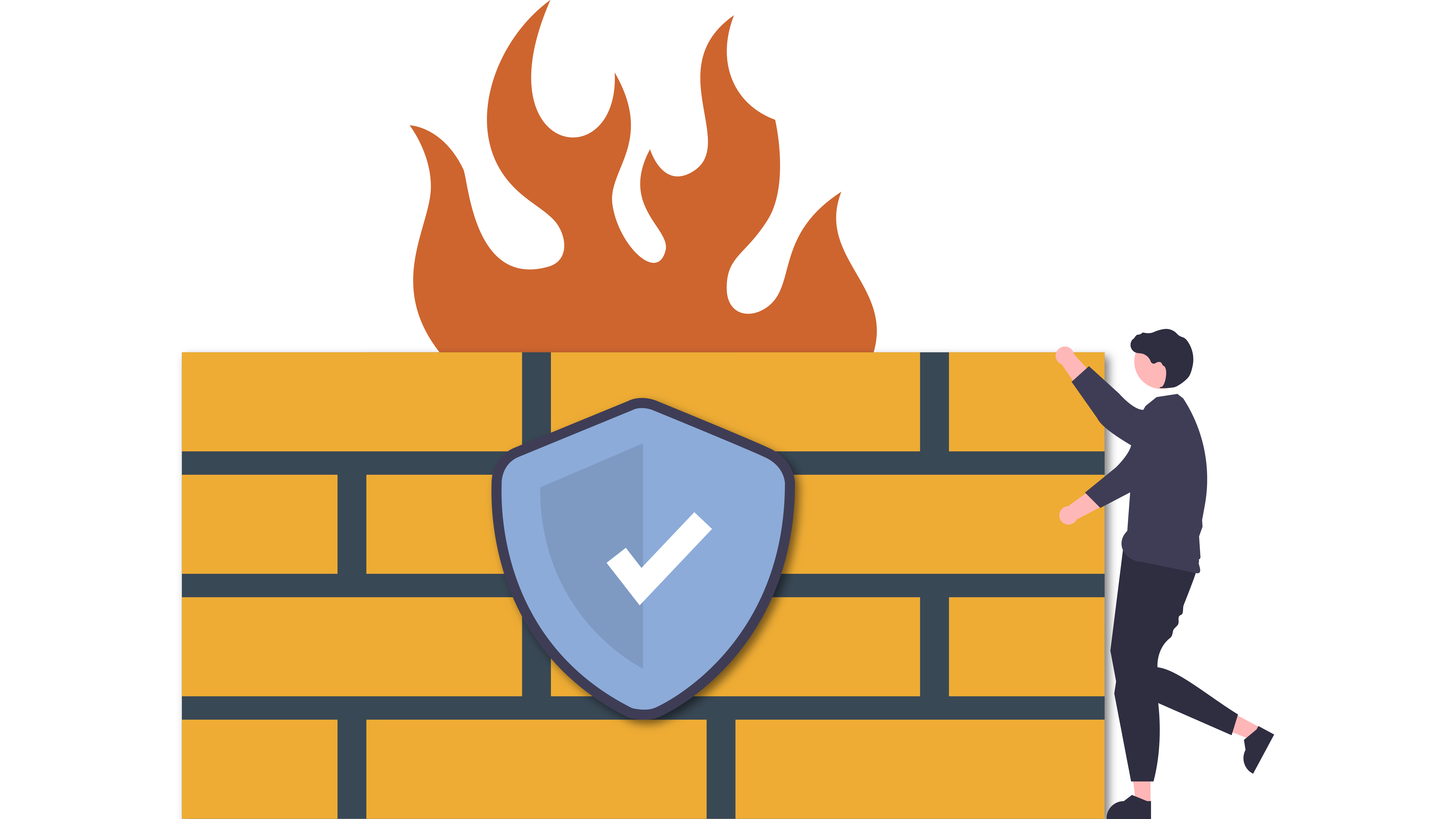
In a world in which technology is forcing every business owner to rethink his/her strategy, one of the major conundrums to emerge is around the issue of outsourcing.
Let’s take a look at the scenarios in play…
You run a business specialising in whatever it is that the business can create, provide or service. While technology is an increasingly important part of that process, who within that business is qualified to employ, manage and budget for an IT support person, for example?
As IT support specialists, we witness the playing out of these business decisions and questions in the market continuously.
Interestingly, these questions take on a cyclical nature, which is understandably linked to both affordability and data loss…
On the one side, outsourcing is more expensive than employing an IT person in the business, because the outsourced partner is specialised. This partner has taken on a responsibility to secure your business, IP, productivity, and data; and draws on multiple levels of expertise to deliver their services.
In contrast, a single employee simply strives to do his/her best on the budget they are provided to keep the business operational.
Now, not to undermine the role of “the IT guy” (and if you have the right person, then congratulations), but it is an increasingly challenging task to deliver these IT services single-handedly.
A New World, New IT Demands
Today, the task requires not only an effective problem solver but also someone who is able to communicate the effectiveness and importance of technology to the business (and negotiate the budget to deliver on what is required). This is why a normal outsourced partner should have 3 levels of services to deliver Information Technology support to a business.
In short, it takes different people to effectively deliver the different levels of IT solutions into a business today:
- The Technician: the person who supports your business is only one leg of a three-legged stool. This person is not tasked with daily support but is rather your go-to-guy with onsite problem solving, disaster avoidance, and maintaining productivity when the inevitable “downtime” occurs. The technician keeps a business operational from a technology perspective. In fact, the less you see him/her, the better…
- The Account Manager: This person is not simply a salesperson, but is rather a consultant that negotiates the minefield of technology, hardware, software and services required. He or she can sit with an executive, a business owner or a department head and hear what their requirements are – and then convert that into a project, contract or service to provide it. This is where the real solutions happen… but it’s also where the costs lie. An outsourced partner can solve ALL your IT problems if your budget is unlimited, but of course, there are always limits – and those must be balanced against risk. This is the balance a good account manager will assist with.
- Remote Support: This service is relatively new in the small business space, and has become an increasingly relevant form of support as fibre connectivity (i.e. very fast connectivity) becomes ubiquitous in our cities and suburbs. This person enables support staff to connect remotely in order to fix problems within minutes of phone calls or emails being sent to request assistance. Immediate resolution of the average IT support query means that time and travel is not wasted, staff do not wait, and productivity and efficiency are maintained all around.
All too often, the person running a business downplays the necessity of technology – that is, until they lose access to the internet, their ability to invoice or work, and their intellectual property or data. ALL businesses are now technology businesses, and they require an array of highly qualified and experienced IT professionals to support them. Increasingly, an outsourced model is the only way to obtain services that are truly required.



